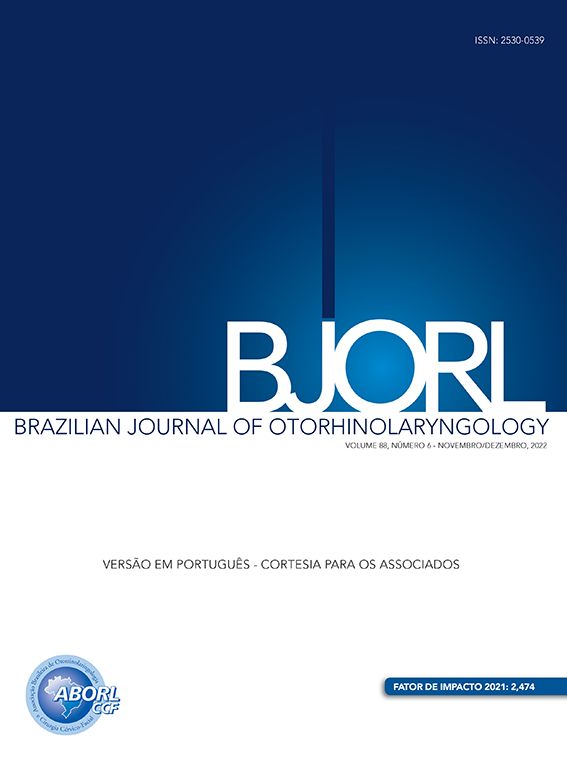It is no longer news that science has evolved at an exponential rate over the past 100 years, providing far more significant progress in knowledge than obtained in the previous 150,000 years of our species. Little is known about what occurred in the period before classical antiquity (4000 BC to approximately 450 AD) when the basic foundations, writing and mathematics, were developed, allowing the compilation of knowledge and the progress of thought. But it was only in the 16th century that the world witnessed the formalization of science as an academic activity that required a rational search for new knowledge and its mathematical confirmation. Still, it's amazing to imagine that it was only in the 19th century that Darwin formulated his theory on the evolution of species, because until then it was believed that everything was immutable in the biology field.
In the evolution of this process, the last 50 years were dramatic ones. My generation has witnessed the incredible speed with which everything underwent changes around us: communication, transportation facilities, integration of peoples, shortening of distances and dissemination of information. It is obvious that medicine has incorporated all these changes, greatly improving our understanding regarding human physiology and pathophysiology, and at the same time, impressively refining our diagnostic methods as well as medical and surgical treatment options. Taking into account only my time as an otorhinolaryngologist, it was imperative that I adapt to the incredible advances in genetics, investigative imaging methods, surgical techniques aided by microscopy and endoscopy and, more recently, the field of robotic surgery, which is still an incipient in otology field, but already a reality in many cases of pharynx and larynx tumors.
However, despite all these extraordinary changes, we can say that there has not yet been time to change the essence of modern man. Our fears, uncertainties, and the eternal pursuit of understanding of where we are and from what we came are not still definitively settled, in such a way that the current reality still permits us to be susceptible to beliefs of various shades. Even with all this new knowledge, there remains room for intolerance, religious and political fanaticism, segregation, war, and other flaws in our daily life.
As physicians, we must always keep in mind that these fears and uncertainties common to our species are exacerbated when someone gets sick. It's amazing how the information of a diagnosis, even the most trivial one, can be received in an absolutely different way among patients, contributing to positive or very negative changes in the physical and mental state of someone already weakened. There is no point in having access to the entire arsenal at our disposal, if we lose the human side of our intervention. Because of these fears and uncertainties, a careful collection of data related to disease – our good old anamnesis – is an exercise in the art of understanding our patient. Just as the concept is critical that technology does not replace personal human relations in the medical practice, it is also logical and fundamental that we keep in mind the concept that technology does not replace logical clinical reasoning. This is reflected mainly in the formulation of diagnostic hypotheses and in the selection of supplementary tests, which should be based on our knowledge of the clinical expression and pathophysiological understanding of all diseases of our specialty.
Unfortunately, the reasoning has become increasingly common that it would be more efficient and faster to request countless clinical tests and then think about the diagnosis. In addition to reverse the logic of our action, this behavior exposes our patients to risks such as irradiation and unnecessary stress, and dramatically increases the costs related to diagnosis, which leads to a counter-reaction by health insurance companies and by public administration in terms of containment of costs.
In this way, I think we should enthusiastically celebrate the new knowledge and incorporate new forms of diagnosis and treatment; but it is critical to keep our best posture as a physician: someone who seeks solutions, efficiently and with kindness, helping other people in elucidating their problems and guiding them in the best possible way in the treatment of their diseases.
I do believe that good medical schools and efficient services in otorhinolaryngology residency still base their teachings on these principles, and I advise everyone not to forget it because, in this modern technological world, even in Wikipedia we can read: “The role of the physician and the meaning of the word itself vary significantly around the world, but as a general understanding, medical ethics requires that physicians show consideration, compassion, and benevolence for their patients.”
Therefore, in the practice of medicine, technology and humanism always must go together.
Conflicts of interestThe author declares no conflicts of interest.
Please cite this article as: Cruz OLM. The physician and the world of technology. Braz J Otorhinolaryngol. 2015;81:455–6.





